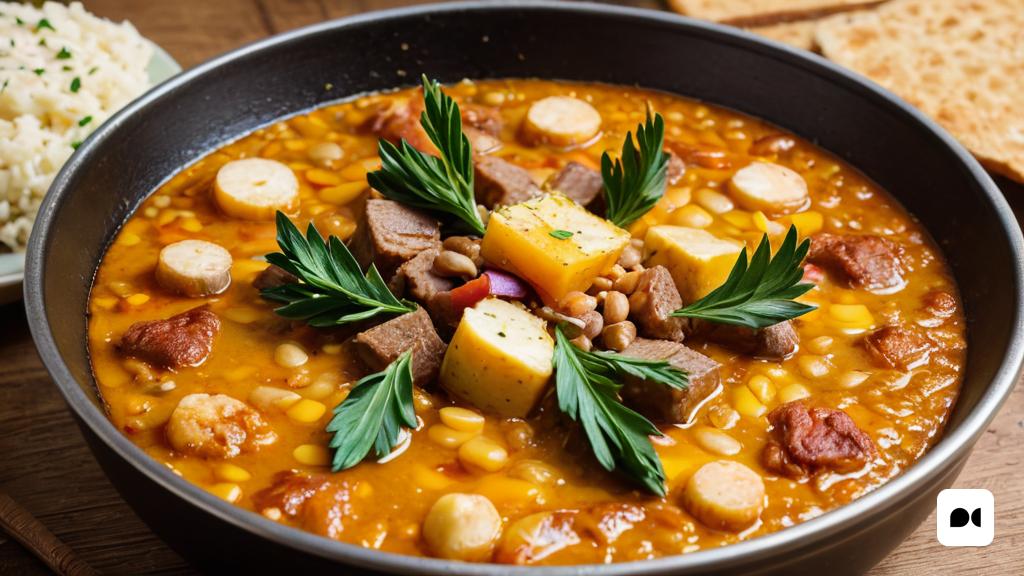A master of Catalan cuisine
Catalan cuisine, as well as its culture, is the product of talent, dedication, perseverance and discipline. Developed from the few natural resources available, it stands out for its ability to maximize the simplest ingredients. This cuisine is based on order and documentation, which has led Catalonia to have one of the first collections of recipes in Europe, thus preventing the loss of culinary knowledge passed down from generation to generation.
This need for systematization and method has produced great chefs and gourmets who have put Catalonia on the map of world cuisine. Among these chefs, an emblematic figure stands out, Fermí Puig i Botey, who recently left us at the age of 65, marking a deep loss for Catalan gastronomy.
The beginnings of a brilliant career
Born in Granollers, Fermí Puig began his career under the influence of Montse Guillén, in Can Borrell, in Meranges. This place was where Puig discovered his passion for honest, elegant and sophisticated cuisine, which would end up defining his entire culinary style.
His training in several restaurants, including the prestigious El Bulli, catapulted him to professional success. The Hotel Majestic in Barcelona, owned by the Soldevila family, was the stage where he shone with his own light when he founded the Drolma restaurant, obtaining a Michelin star.
Drolma: a symbol of excellence
During Drolma’s years of operation, this restaurant became a true icon of Barcelona gastronomy, marking a golden age. However, like all great stories, this one also came to an end. Fermí Puig, always accompanied by his loyal collaborator Alfred Romagosa, opened a new restaurant on Carrer Balmes, where he offered more accessible cuisine without sacrificing quality.
This new establishment marked a new stage in his career, where he brought traditional Catalan cuisine to a wider audience with a sober and elegant approach. Thus, Puig made it possible for more people to enjoy amazing gastronomy at reasonable prices.
The essence of Fermí Puig’s cuisine
Fermí Puig managed to transform simple ingredients into extraordinary dishes. His creations, such as calamari with chickpeas, cod in honey or roast chicken confit, are examples of how he used the basic products of the Catalan pantry to create authentic symphonies of flavors and textures.
Fermí Puig’s cooking was also characterized by its pedagogy. He knew how to recover and dignify traditional Catalan dishes such as noodles in a casserole, muddy goat and roast cannelloni, showing us that it is worth preserving our indigenous cuisine. This task also extended to desserts, where Puig highlighted typical sweets such as honey and curd, the musician’s dessert and carquinyolis with muscatel.
A true master of Catalan gastronomy
Fermí Puig was not only a great cook, but also an excellent communicator. He knew how to convey his passion for Catalan cuisine, both in his books and in his interventions on the radio. Publications such as ‘La pilota a l’olla’, ‘Kitchens: the tradition from fathers to children’ or ‘The wine kitchen: approach to wine culture and cuisine in the Mediterranean’ are witnesses to his vast culinary knowledge.
In addition to cooking, Puig also explored other areas such as politics and music, participating in collective works such as ‘History of the independentist left’ and ‘Els Setze Jutges’. His contribution was invaluable, not only for the recovery of traditional dishes, but also for his ability to inspire and educate new generations of cooks.
Its influence on popular culture
Fermí Puig collaborated on radio programs such as ‘El Món a Rac 1′, where he shared delicious and easy-to-follow recipes, whet the listeners’ appetites while participating in animated debates about his other great passion: Barça.
Fermí Puig’s impact on Catalan cuisine and culture in general is incalculable. He was a multifaceted character, with exceptional depth and empathy, who left an indelible mark on Catalan gastronomy over the last forty years.
An eternal legacy
Fermí Puig’s legacy will last far beyond his passing. Icons and benchmarks like him never die, as they live on through their contributions to culture and society.
Thank you, Fermí Puig, for your dedication to Catalan cuisine and for having dignified and recovered culinary traditions that might have been lost. Your mark will certainly live on forever.
Joan Font i Torrent, vice-president of the Catalan Academy of Gastronomy and Nutrition, recognizes his exceptional work and the legacy left by Fermí Puig.

